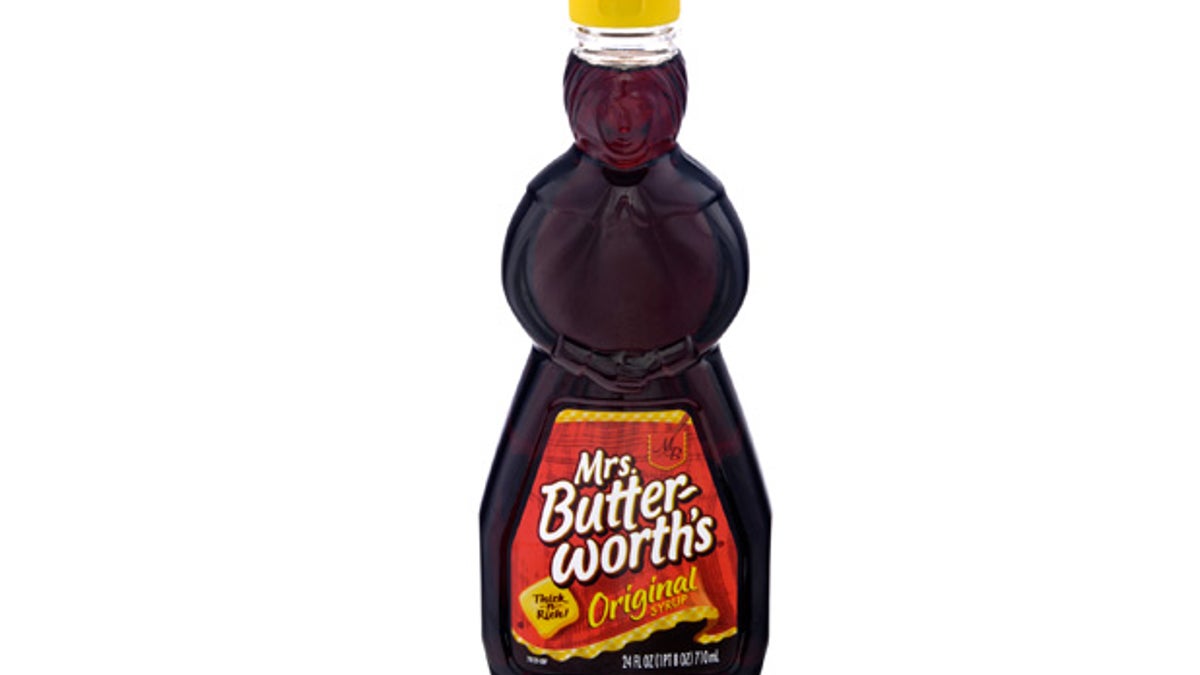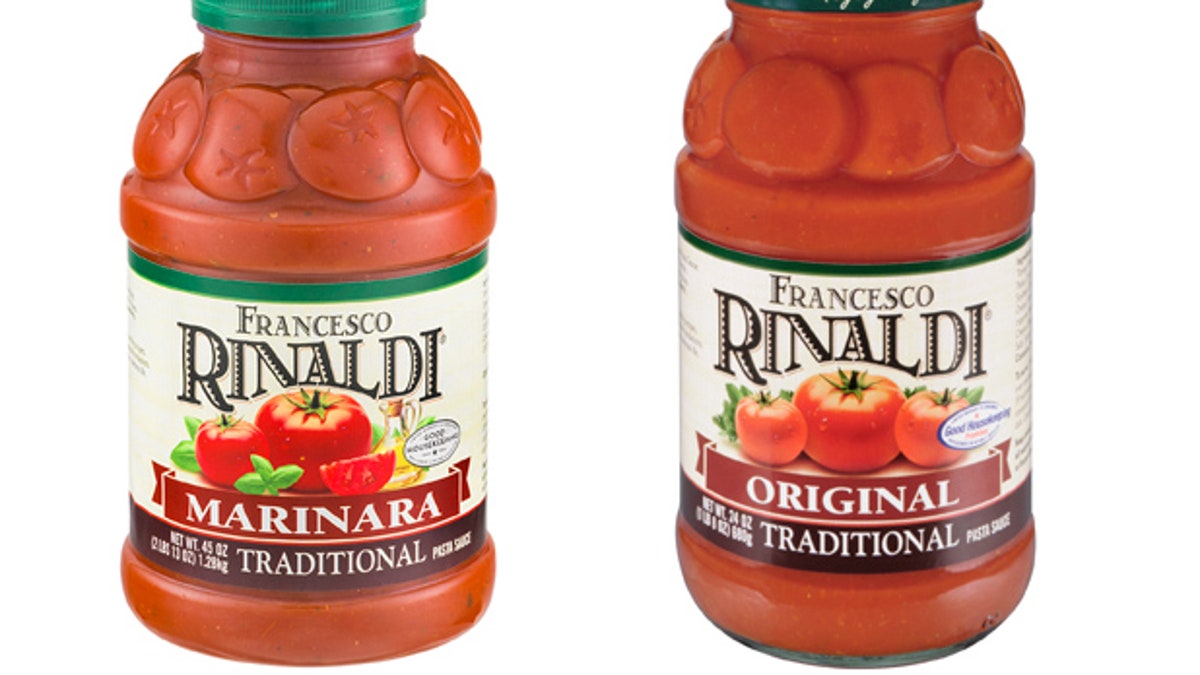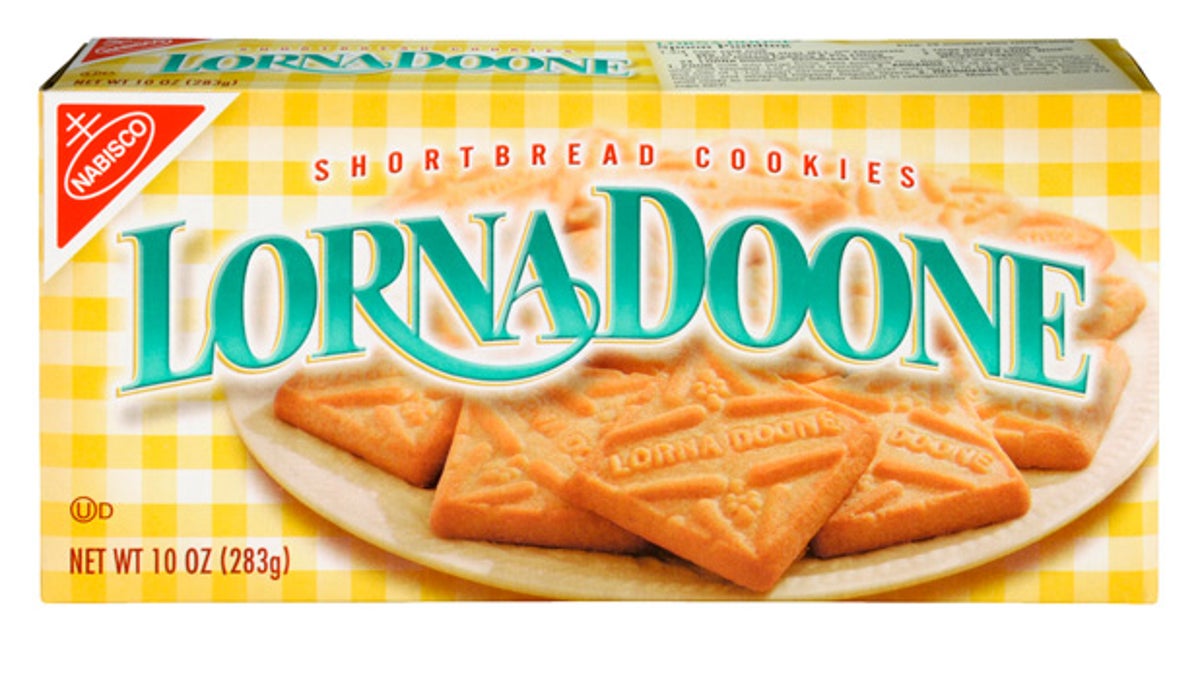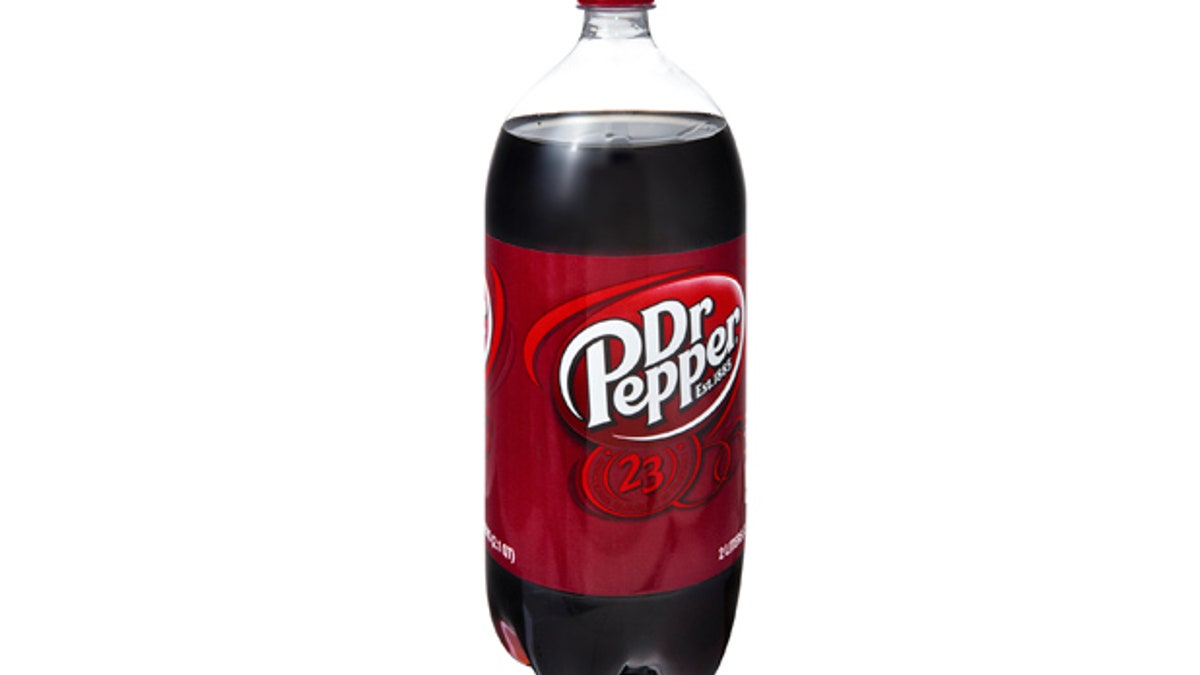There are plenty of brands out there that are named after real people, who once lived real lives and, in many cases, actually invented the product that’s named after them. Look at Chef Boyardee, for example. Hector Boiardi ran a popular Italian restaurant in Cleveland in the 1920s, and his recipes were so popular that people convinced him to mass-market them. So he changed his last name’s spelling to make it easier to pronounce, slapped it on a can, and boom, Chef Boyardee was born. But not all brands involving a person’s name have origins that are so cut and dry. In several cases it's not clear whether the namesake ever actually lived, and in many cases the person the brand is named after never existed at all.
So why would a brand name itself after someone completely fictitious? In some cases, the name simply sounds good. Doesn’t pancake syrup called Mrs. Butterworth’s just sound delicious? In other cases, they were created by advertising agencies to give a friendly face to a faceless company. Others, like Mr. Coffee, well, we don’t think they were trying to fool anyone with that one.
The most interesting brand names based on fictitious people, by far, are those that were devised with the express purpose of playing up the concept of "idealized domesticity," which was a big marketing trend around the turn of the 20th century. When inventor Chris L. Rutt wanted to sell his pancake flour, he went for the stereotypical "mammy" archetype and took the name "Aunt Jemima" from a popular minstrel song. They even hired a former slave, Nancy Green, to be the first spokesperson. Another example of this trend (while not a brand name) is Cream of Wheat’s African-American mascot Rastus, who graced boxes of the stuff, wearing his chef’s whites, from the 1890s until the 1920s. And Uncle Ben’s rice is still very cagey on whether Uncle Ben actually ever existed.

(The Daily Meal)
So the next time you’re in the supermarket and see a brand that you think might be named after someone, don’t automatically assume it is. While it might seem like that smiling face on the box must be that of the inventor, don’t forget that the concept of idealized domesticity is still very powerful in the marketing world, and there are plenty of products that are still playing it up, albeit in a slightly more politically correct way.
1. Mrs. Butterworth's

(The Daily Meal)
If Mrs. Butterworth ever existed, it was in the form of a talking syrup bottle, because that’s all she is. Owned by Pinnacle Foods, the animated syrup bottle, which is decked out in a full maid’s outfit (idealized domesticity!), first made her appearance in television commercials in 1961, and for a time was voiced by Mary Kay Bergman, who also voiced many of the female characters on South Park. Mrs. Butterworth still appears in commercials for the product today, and it was recently revealed that her first name was Joy.
2. Francesco Rinaldi
While Francesco Rinaldi might sound like the name of a great Italian chef, his name is no more real than Mickey Mouse's. The Francesco Rinaldi brand, best known for jarred pasta sauces, was handed down from original owner Edward P. Salzano to Cantisano Foods when they joined forces in 1982, and then to current parent company LiDiestri Foods in 2002. Its website is very coy about who this Francesco Rinaldi was, or if he ever existed to begin with, so to put our suspicions to rest, we gave LiDiestri a call. A rep gave us an answer that demonstrated a near-encyclopedic knowledge of the brand and its history: "He never existed. It’s a brand that was created by… somebody," she said.

(The Daily Meal)
And there you have it.
3. Lorna Doone

(The Daily Meal)
This Nabisco-produced shortbread cookie first rolled off the production line in 1912, and was most likely named after the main character in R.D. Blackmore’s 1869 novel Lorna Doone: A Romance of Exmoor, about rival clans in 17th-century Scotland. While it’s loosely based on actual historical events, Blackmore apparently invented the name Lorna. No word as to why this particular name was chosen by Nabisco brass, but seeing as we haven’t read the book, we’re not sure if she has any particular fondness for shortbread cookies.
4. Dr Pepper
While there might have been several Dr. Peppers throughout history, none of them invented any popular sodas, including the one that was devised by pharmacist Charles Alderton in Waco, Texas, in the early 1880s and soon took the name Dr. Pepper. No one can say for sure how the name came about, but there are a few theories: Some contend that it got its name because it contained pepsin (similar to how Pepsi got its name); others argue that its initial use as a tonic was intended to "pep" you up. There's a popular myth that the drink was named after one Dr. Charles T. Pepper, who supposedly granted Wade Morrison, the owner of the drug store where Alderton worked, permission to marry his daughter or offered him his first job. They lived nowhere near each other, though, and Pepper's daughter would have been only 8 years old at the time. So while Morrison very well might have been acquainted with a doctor by the last name of Pepper (he apparently also lived near one for a time, according to census records, and may have even had a thing for his daughter), the good doctor most likely had nothing to do with the naming of his soda.
See all 8 food figureheads at The Daily Meal
More from The Daily Meal
The 17 Real People Behind Your Favorite Food Brand Names
Back From the Brink: 10 Food Brands That Refuse to Die
